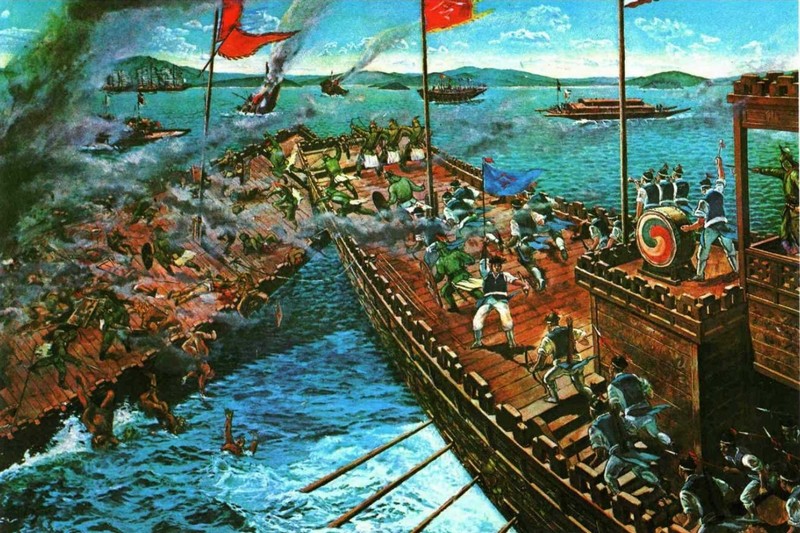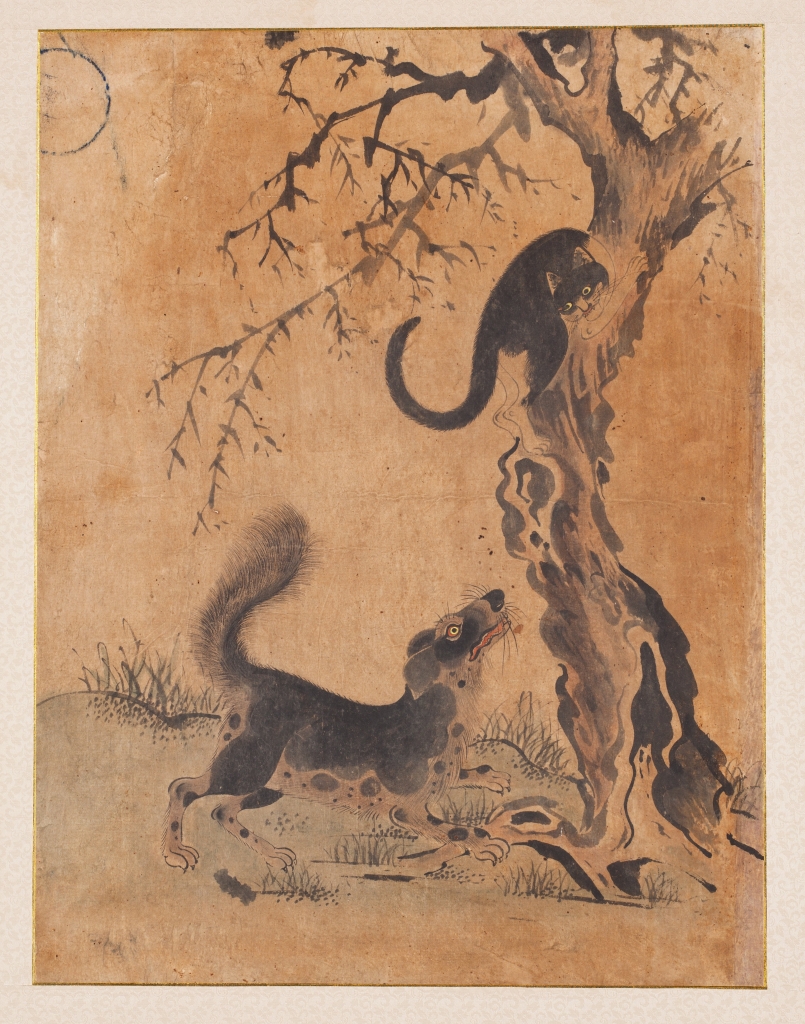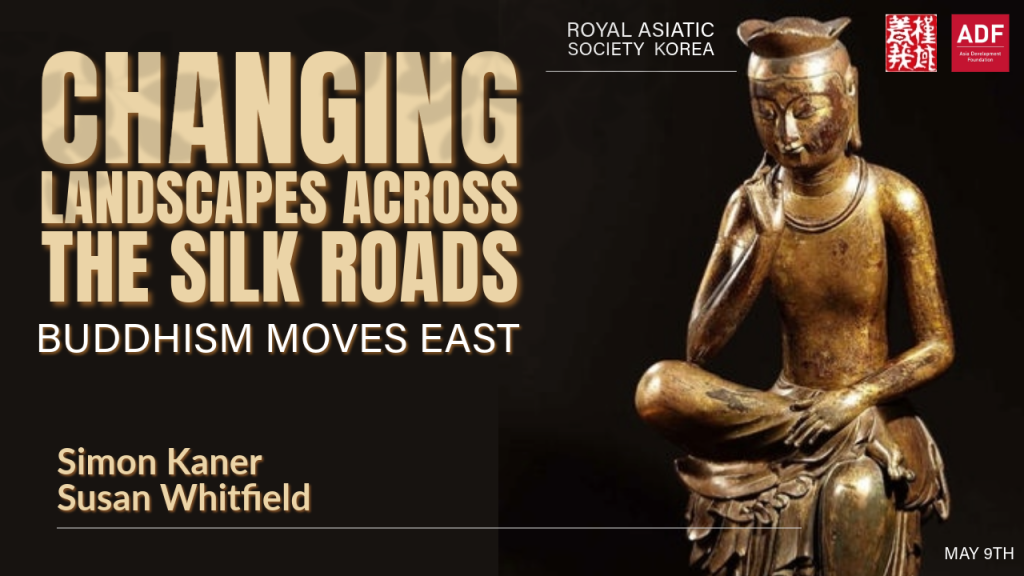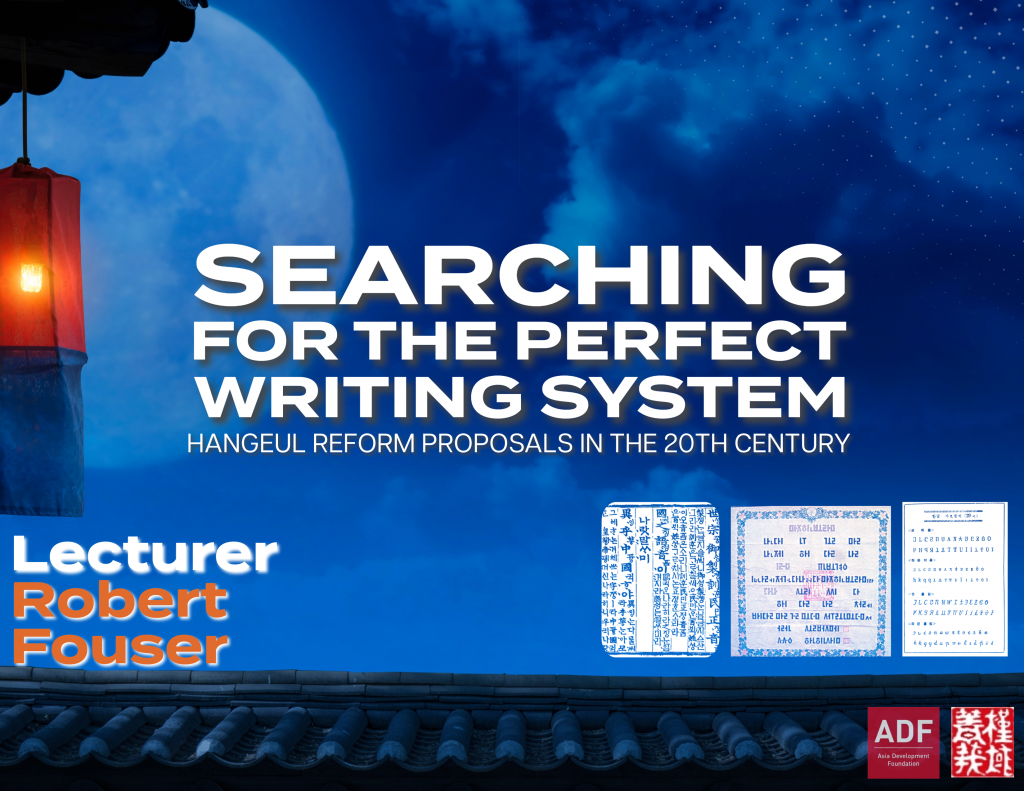

[Colloquium] Some comments on Pyŏlch’o and Sambyŏlch’o: history, historiography and translation
April 20, 2023 @ 6:00 pm - 8:00 pm KST
Seoul Colloquium in Korean Studies
(Organized by the Seoul Center of the ÉFEO and RAS Korea)
Some comments on Pyŏlch’o and Sambyŏlch’o: history, historiography and translation
SPEAKER: Laurent Quisefit
The April 2023 session of the “Seoul Colloquium in Korean Studies” will be held as an in-person event on Thursday April 20 in the Grand Conference Room (Room number 310), of the Asiatic Research Institute, Korea University, beginning at 6:00 pm.
DATE: Thursday. April 20, 2023. 6:00PM (KST).
VENUE: Grand Conference Room (#310), the Asiatic Research Institute, Korea University
[Take Exit 1 from Korea University subway station, turn right onto the footpath leading up onto the campus. Walk straight up the road past LG Posco Hall, the Business School and Main Library (all on the right hand side). The Asiatic Research Institute is the building next after the Library (Building 39 on the Campus Map http://oia.korea.ac.kr/
All who wish to participate must register in advance by sending an email to efeoseoul@hotmail.com
SUMMARY:
During the 13th century, the military minister Choe U (in power 1219-1249) established a public security corps called Ya Pyŏlch’o, the development of which would later form the Sambyŏlch’o or “Three Guards”. Organized in the form of a sort of private army under the orders of Choe U, this troop originally intervened to maintain public order, but was also engaged against the Mongol invaders. The officers of the Sambyŏlch’o overthrew the last representative of the Ch’oe clan in 1259, and restored royal power. However, the progress of diplomatic normalization between the Mongols and the Korean king demanded the bringing to heel and the surrender of the Sambyŏlch’o, whose leaders refused submission, preferring to continue the fight. The Three Guards then passed to the armed opposition (1270-1274). If the story is well known, the qualification of this movement, revolt or resistance, is unclear. On the other hand, the translation of Pyŏlch’o requires particular attention, due to the diversity of the realities described by the term.
BIO:
Laurent Quisefit graduated in Korean language at the National School of Oriental Languages (INALCO) in Paris, then he got a PhD in Asian studies at Paris-Diderot University. He also holds a master’s degree in history from the Center for the History of Contemporary Asia of the Panthéon-Sorbonne University. Specialized in Korean history, he and taught Korean culture for several years in French universities. He has published many articles concerning the Koryŏ kingdom, the Independence movement, and the Korean War.
We hope that as many as possible of you can join us for this event.
Élisabeth Chabanol, and Brother Anthony,



